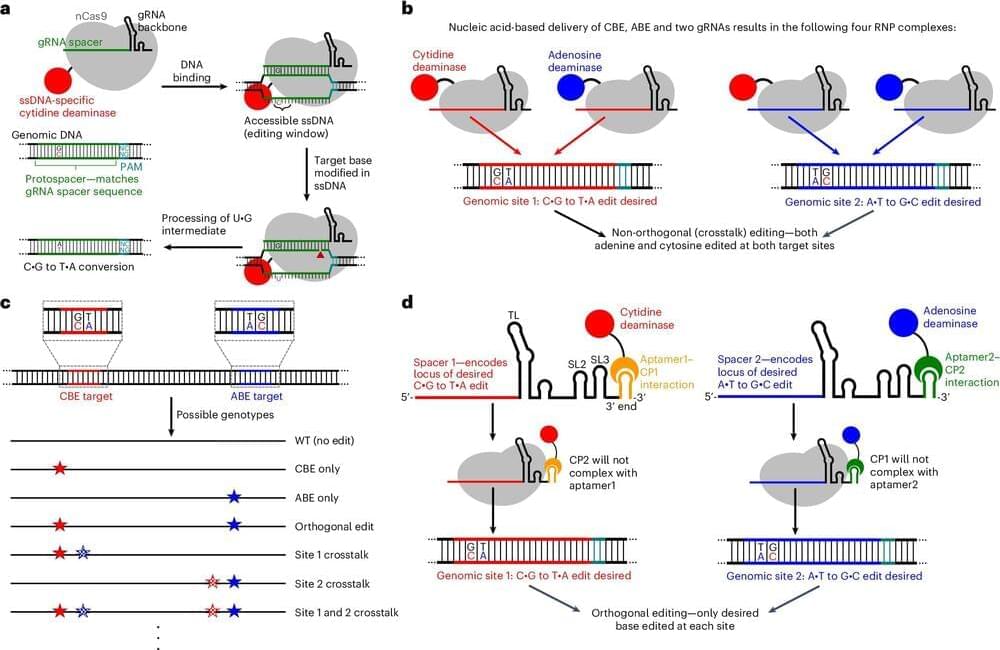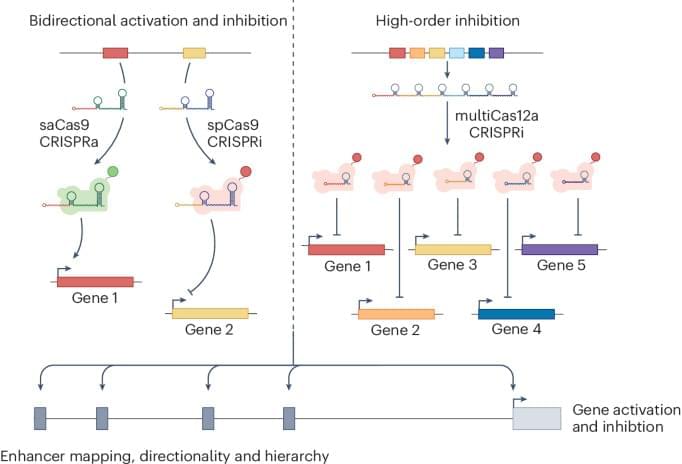CRISPR was first discovered in bacteria as a defense mechanism, suggesting that nature hides a bounty of CRISPR components. For the past decade, scientists have screened different natural environments—for example, pond scum—to find other versions of the tool that could potentially increase its efficacy and precision. While successful, this strategy depends on what nature has to offer. Some benefits, such as a smaller size or greater longevity in the body, often come with trade-offs like lower activity or precision.
Rather than relying on evolution, can we fast-track better CRISPR tools with AI?
This week, Profluent, a startup based in California, outlined a strategy that uses AI to dream up a new universe of CRISPR gene editors. Based on large language models—the technology behind the popular ChatGPT—the AI designed several new gene-editing components.







